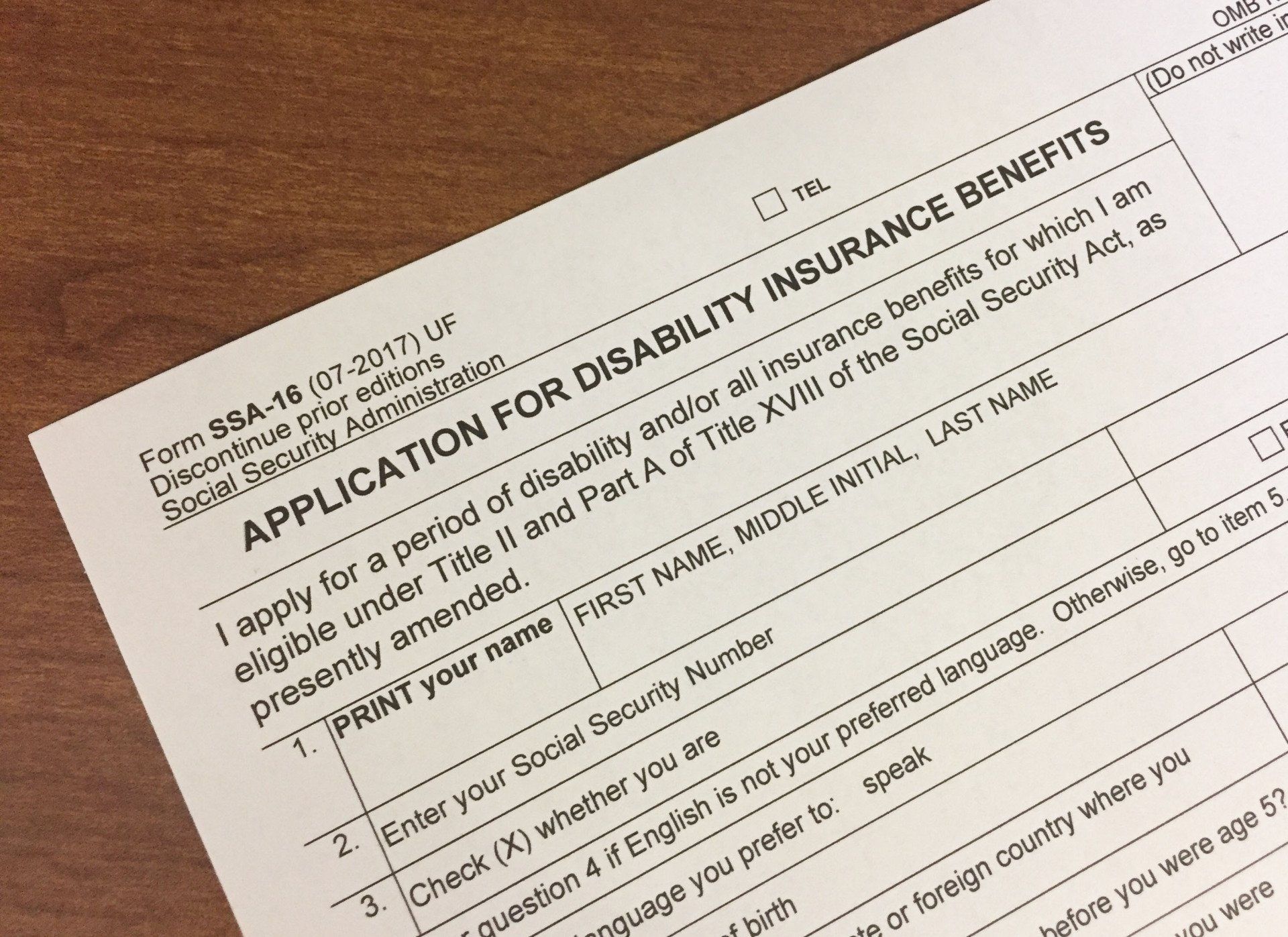What Disabilities Do Workers Often File For?
In the workplace, disabilities can affect any employee, regardless of industry or position. Understanding the types of disabilities that workers often file for can help organizations create more inclusive environments and better support their workforce. While disabilities vary widely, certain conditions are more commonly cited in claims for benefits. According to Chart Book, only one in three disability applications are awarded benefits, highlighting the challenges many employees face when seeking the support they need. This post explores these prevalent disabilities, shedding light on a critical aspect of occupational health and employee support.
Musculoskeletal Disorders
Musculoskeletal disorders rank among the most common disabilities in the workplace. These conditions include back pain, arthritis, carpal tunnel syndrome, and repetitive strain injuries, often resulting from physical strain, poor ergonomics, or prolonged repetitive motions. Employees in physically demanding roles, such as construction, manufacturing, or healthcare, are particularly at risk. However, even desk jobs can contribute to these issues when workstations are not ergonomically designed. Musculoskeletal disorders can lead to chronic pain, limited mobility, and reduced productivity, prompting workers to file disability claims. In such cases,
disability legal representation becomes invaluable, helping employees navigate the claims process to secure the benefits they need for recovery and support.
Mental Health Conditions
Mental health disorders, such as depression, anxiety, and PTSD, have become increasingly prominent in disability claims. The rising awareness of mental health in the workplace has encouraged more employees to seek support, yet stigma and misunderstanding persist. These conditions can be debilitating, affecting focus, decision-making, and overall performance. Despite the prevalence of these claims, the statistic that only one in three applications is awarded benefits underscores the barriers employees often face in getting the help they need. For employees grappling with mental health issues, disability legal representation plays a crucial role in ensuring their rights are upheld and benefits are secured.
Chronic Illnesses
Chronic illnesses, such as diabetes, heart disease, and cancer, are significant contributors to long-term disability claims. These conditions often impose severe physical and emotional challenges, making it difficult for individuals to maintain consistent employment. Treatments, frequent medical appointments, and the unpredictable nature of these illnesses further complicate their ability to work. Employers are encouraged to provide reasonable accommodations, such as flexible schedules or modified duties, to support employees with chronic conditions. However, with only one in three disability applications being approved, navigating the claims process can be daunting. For workers seeking benefits related to these illnesses, disability legal representation can simplify the process and ensure fair outcomes.
Fostering a supportive workplace means addressing physical, mental, and chronic disabilities. For help navigating disability claims, trust Russell W Pope, Sr. LLC. With expertise and dedication, we’ll guide you every step of the way to secure the benefits you deserve. Contact us today to get started!






Share On: